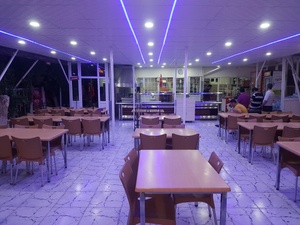Mardin
WELCOME TO Mardin
Province Overview
Mardin
8,779 km2
838,778
Turkish
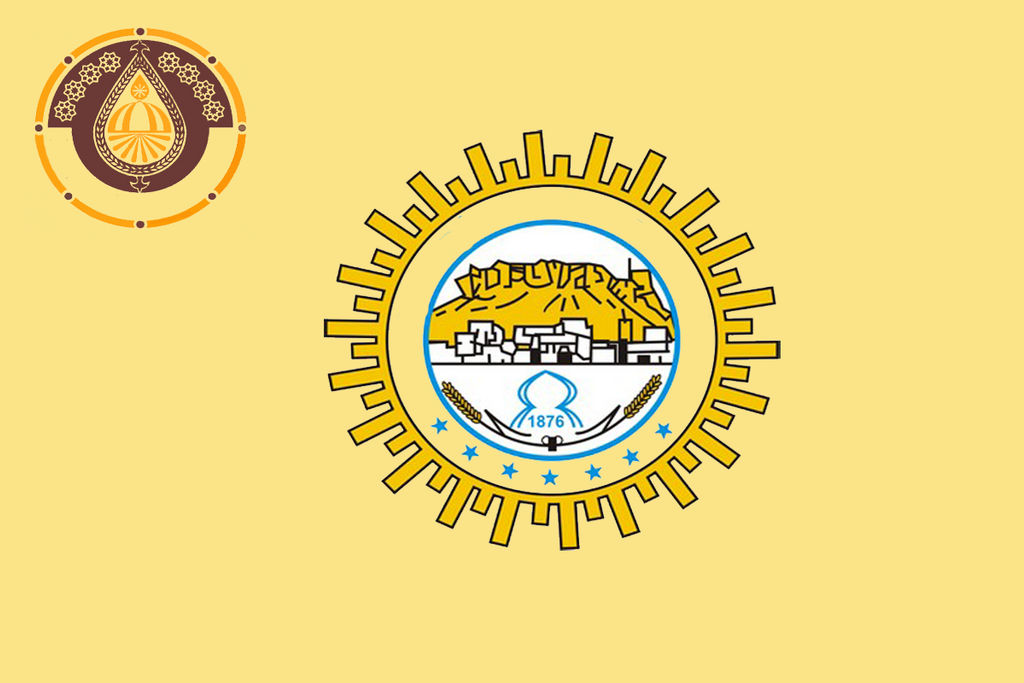
Popular
Geography and Tourist Attractions
Information about the province's tourist attractions, including popular destinations, events, and activities.
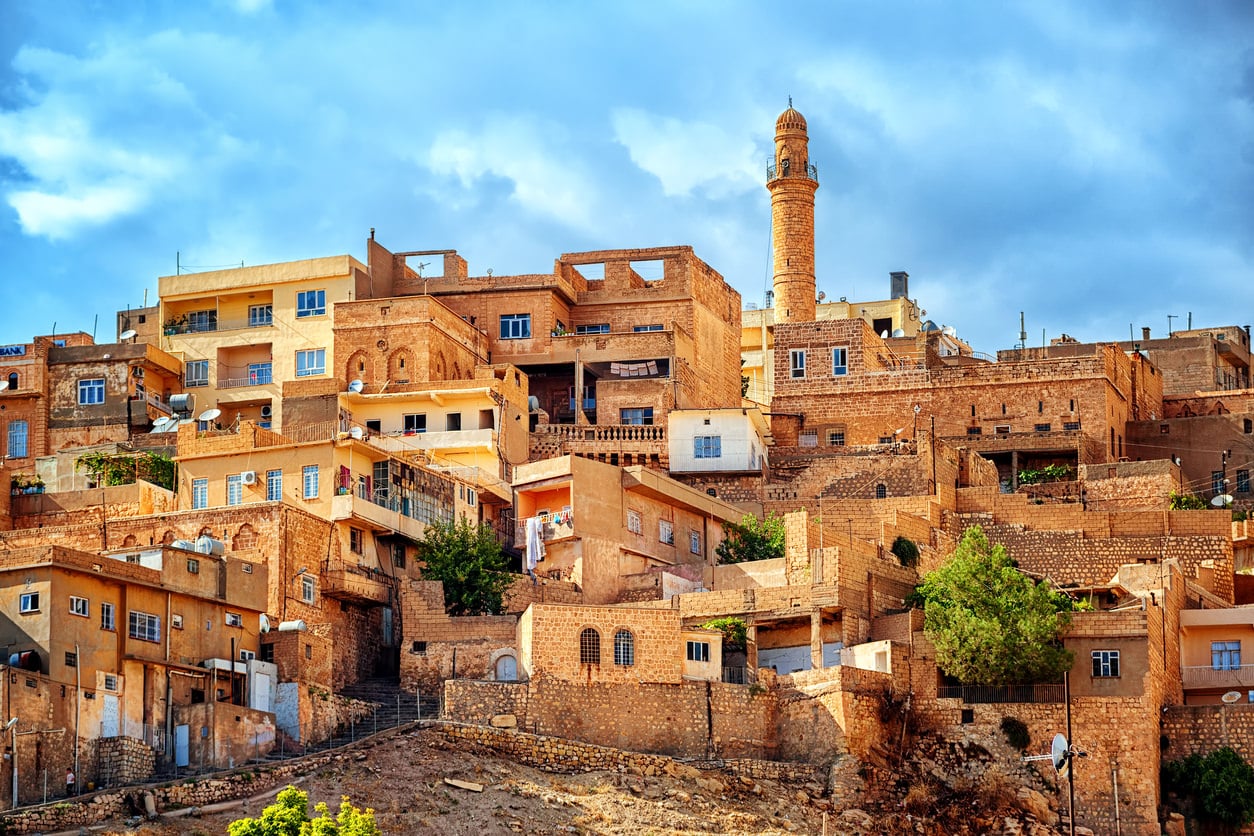
Mardin Old Town
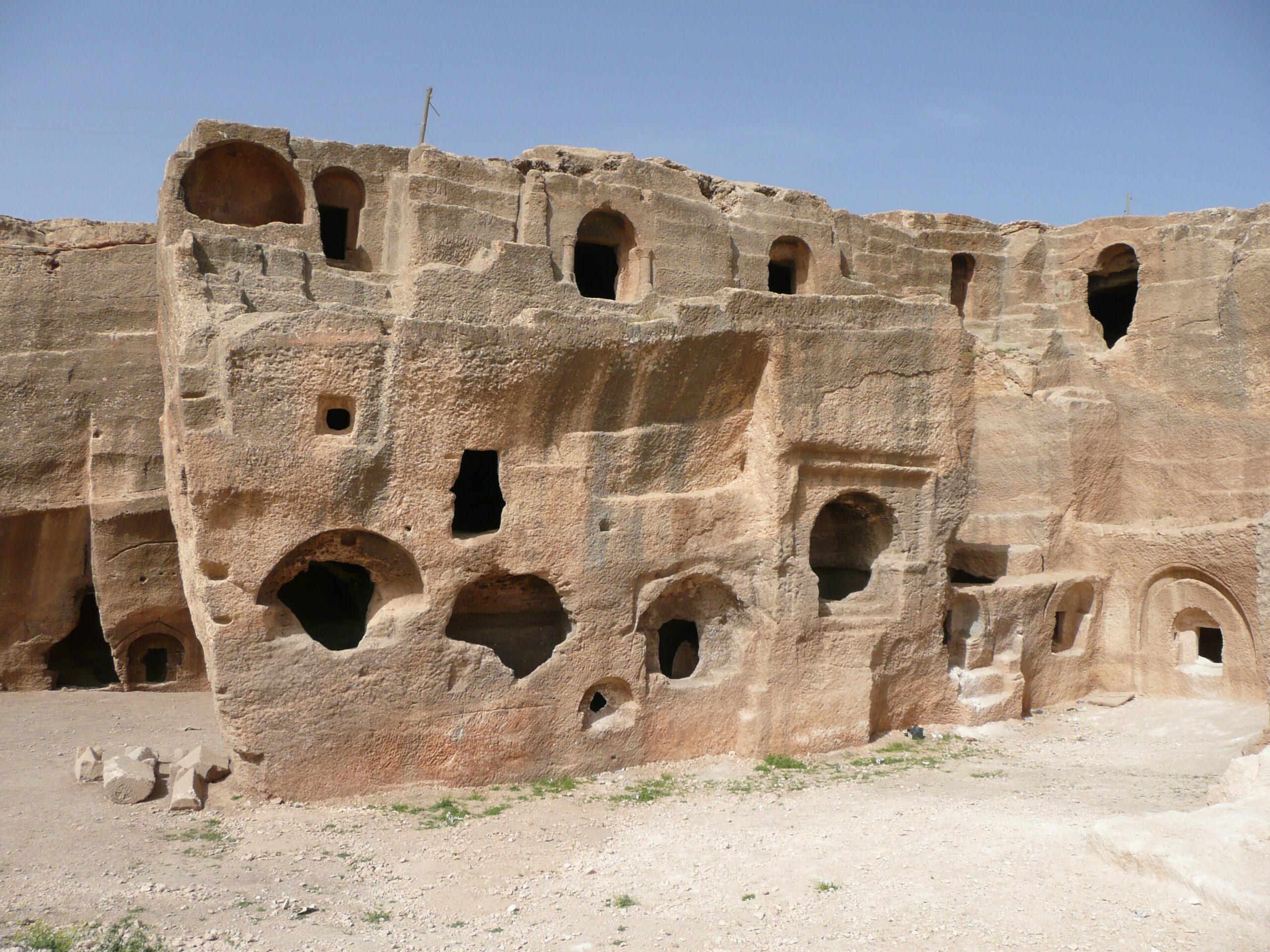
Dara
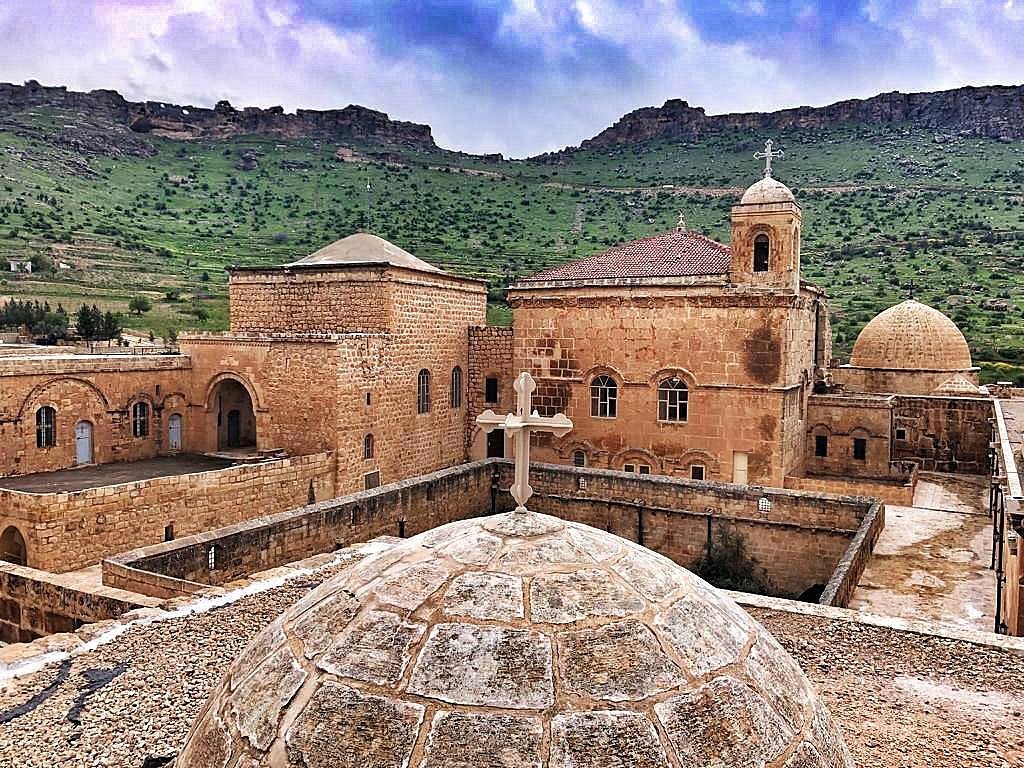
Monastery of Deyrulzafaran
Political
Economy and Government
Mardin, a province in Turkey, has an economy primarily driven by agriculture, trade, and tourism. The region's fertile soil supports the cultivation of various crops, including wheat, barley, cotton, and fruits. Livestock farming, particularly sheep and goats, also plays a significant role. Mardin's strategic location on the border with Syria and Iraq has historically made it a crucial trading hub, facilitating cross-border commerce.
In recent years, there has been a growing emphasis on developing the tourism sector in Mardin. The province's rich cultural heritage, including its historic sites, traditional architecture, and unique blend of cultures, attracts both domestic and international visitors. This has led to an increase in tourism-related businesses, such as hotels, restaurants, and souvenir shops, contributing to the local economy.
In terms of governance, Mardin operates under the administrative structure of the Republic of Turkey. The province has a governor appointed by the central government, responsible for overseeing administrative functions. Local governance is carried out through municipalities and district administrations, which handle public services and infrastructure development.
Efforts are being made to enhance economic development and improve the living standards of the province's residents. This includes investments in infrastructure, education, healthcare, and promoting sustainable agriculture and tourism practices.
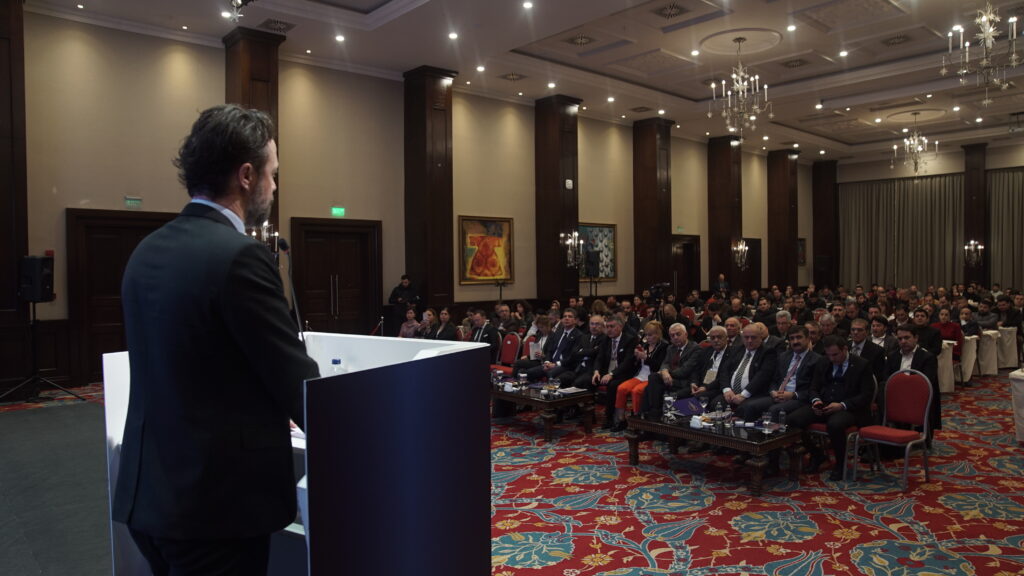
History
History and Culture
Mardin, a captivating province in southeastern Turkey, boasts a rich tapestry of history and culture that spans millennia. Nestled on a picturesque hilltop, Mardin is a living testament to the region's diverse heritage. Its story begins in ancient times when it thrived as a center of commerce and a melting pot of civilizations.
The province is renowned for its stunning architecture, particularly its well-preserved medieval buildings. The intricate stonework and ornate facades of the historic houses, mosques, and churches exhibit a fusion of Islamic, Christian, and Mesopotamian influences. The Great Mosque of Mardin and the Deyrulzafaran Monastery are architectural marvels that reflect the region's multi-faith legacy.
The cultural fabric of Mardin is woven with a blend of Kurdish, Arab, and Turkish traditions. Traditional music, dance, and cuisine offer glimpses into the vibrant local culture. The province also hosts numerous festivals, including the Mesopotamian Culture and Arts Festival, which celebrates the richness of the region's heritage.
With its breathtaking landscapes, such as the dramatic rock formations of the Dara archaeological site and the charming Old City, Mardin is a haven for history enthusiasts and explorers alike. As visitors wander through its narrow, winding streets and soak in the enchanting atmosphere, they are transported to a bygone era, where history and culture intertwine to create an unforgettable experience.
HOTELS
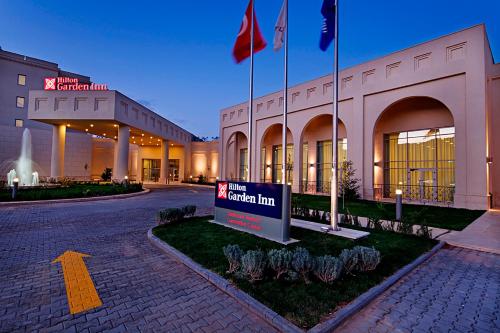
Hilton Garden Inn Mardin
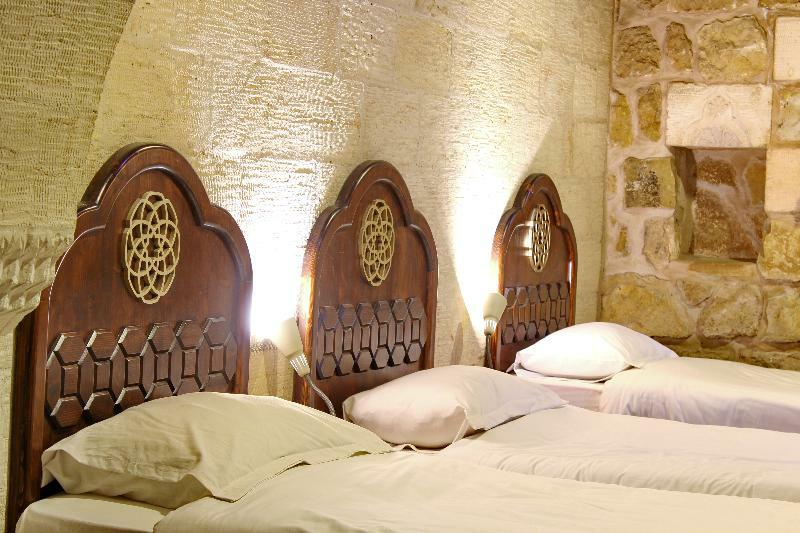
Artuklu Kervansaray Hotel

Dara Konagi Hotel
RESTAURANTS
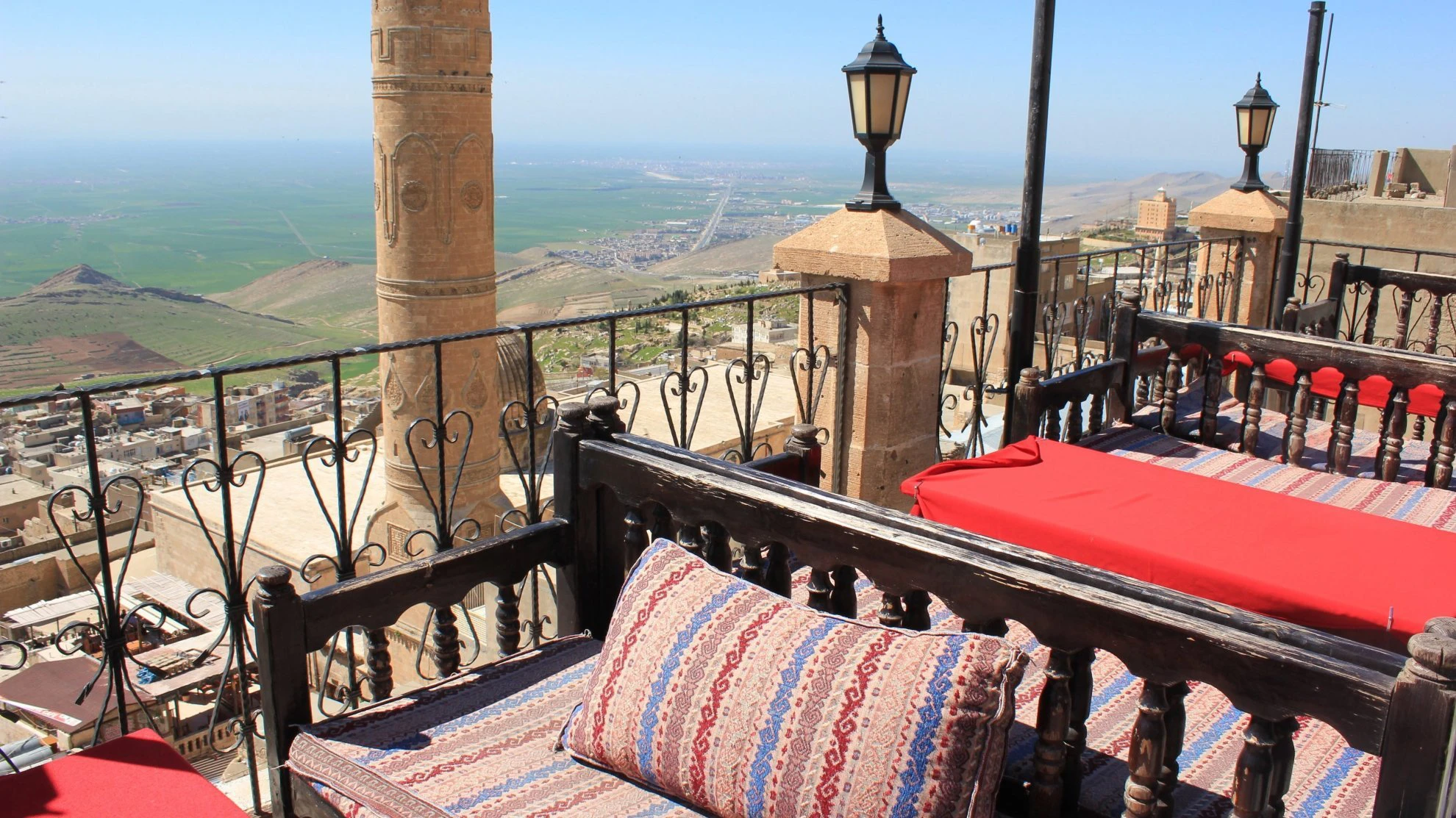
Şehri Mardin
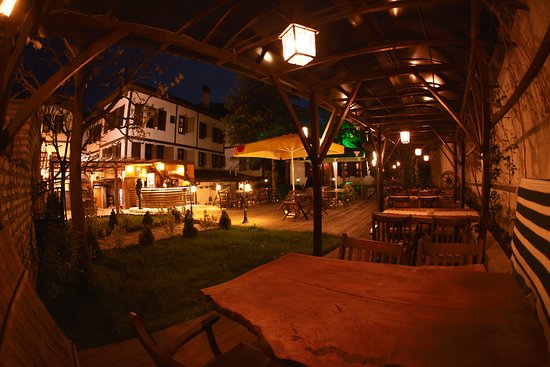
Asmalı Konak Restaurant
